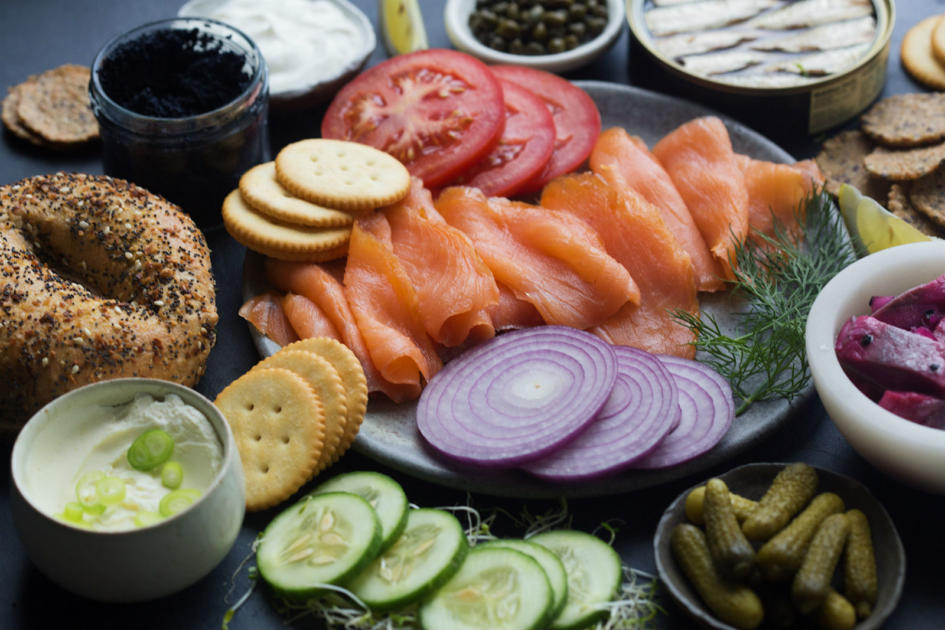
By: Pamela Stern
Yom Kippur for Hebrew Year 5784 begins at sundown on Sunday, September 24,2023 and ends at nightfall on Monday, September 25, 2023. Yom Kippur (Hebrew: יוֹם כִּפּוּר or יום הכיפורים), it is also known as Day of Atonement, and is the holiest day of the year in the Jewish religion. Its central themes are atonement and repentance. Jews traditionally observe this holy day with a 25-hour period of fasting and intensive prayer, often spending most of the day in synagogue services. Yom Kippur completes the annual period known in Judaism as the High Holy Days. It occurs annually on the 10th of Tishrei corresponding to a secular date in September or early October.
Primarily centered on atonement and repentance the day’s main observances consist of full fasting accompanied by long prayer services in synagogue.
Alongside the related holiday of Rosh Hashanah, Yom Kippur is one of the two components of the High Holy Days of Judaism. It is also the last day of the Ten Days of Repentance.
Yom Kippur is one of the two High Holy Days, or alongside Rosh Hashana (which falls nine days previously.] According to Jewish tradition, on Rosh Hashanah God inscribes each person’s fate for the coming year into the Book of Life, and waits until Yom Kippur to “seal” it.
During the Days of Awe, a Jew tries to amend their behavior and seek forgiveness for wrongs done against God and against other human beings. At the end of Yom Kippur, one hopes that they have been forgiven by God.
While many of the observances of Yom Kippur (such as fasting and long prayers) can be difficult, there is also a tradition in which they are interpreted positively, as indications of closeness of God.
As one of the most culturally significant Jewish holidays, Yom Kippur is observed by many secular Jews who may not observe other holidays. Many secular Jews attend synagogue on Yom Kippur—for many secular Jews the High Holy Days are the only times of the year during which they attend synagogue—causing synagogue attendance to soar.
According to the Jewish oral tradition, the Yom Kippur “affliction” consists of the following five prohibitions:
- Fasting (no eating and drinking)
- No wearing of leather shoes
- No bathing or washing
- No anointing oneself with perfumes or lotions
- No marital relations
Fasting, along with the other restrictions, begins at sundown, and ends after nightfall the following day.
While the Yom Kippur prayer service is long and takes up most of the day, there is generally a break of several hours after Mussaf before the next prayers, which last until the conclusion of the fast.